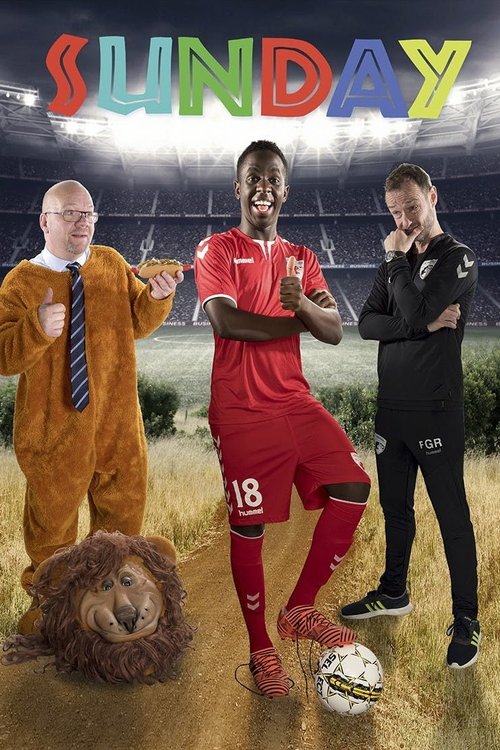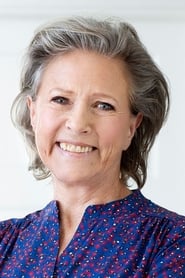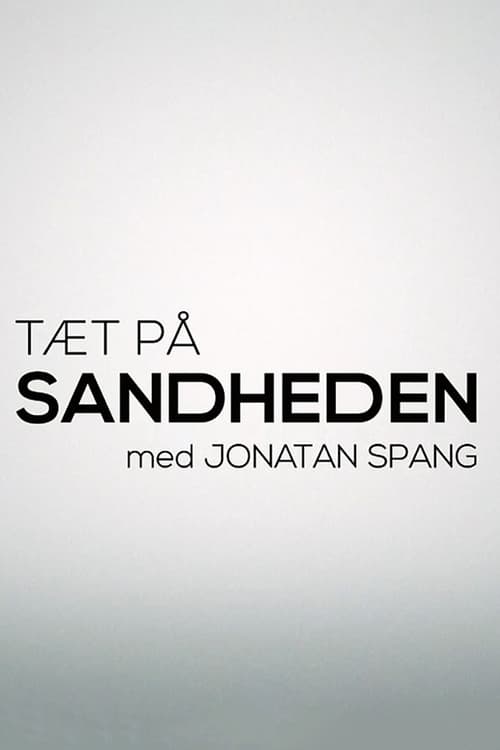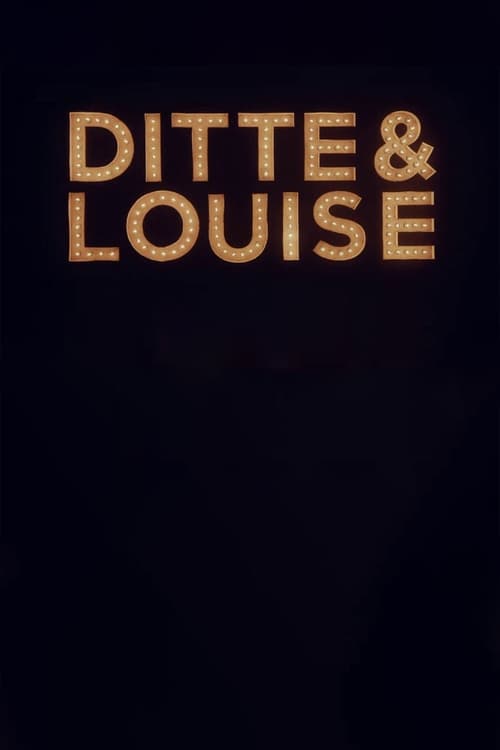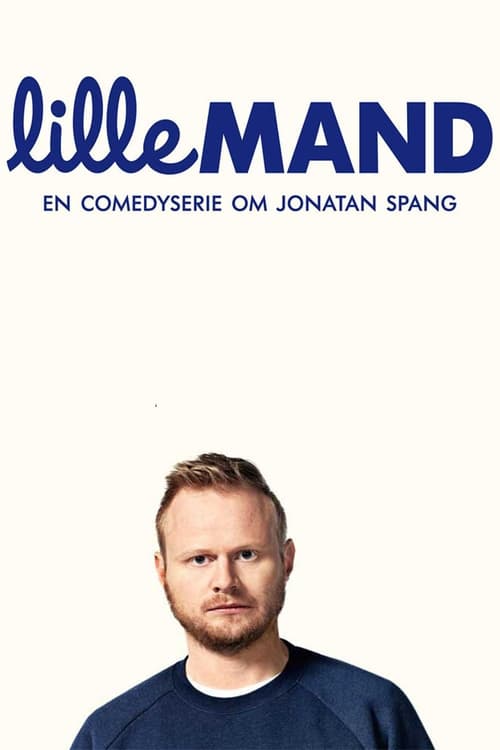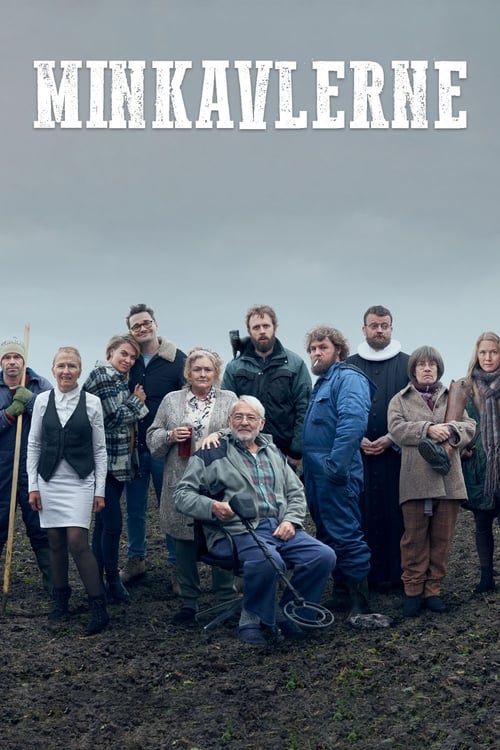
Ask Your Own Question
What is the plot?
In the opening scene of "Sunday," we are introduced to the main character, a young woman named Sarah, who is seen waking up in her small, cluttered apartment on a Sunday morning. The camera pans across her room, revealing remnants of a chaotic week: unwashed dishes, scattered clothes, and a calendar marked with various appointments. Sarah's expression is one of exhaustion and anxiety as she prepares for the day ahead. She glances at her phone, which shows a series of missed calls from her estranged father, hinting at unresolved family issues.
As Sarah steps out of her apartment, she is greeted by the bright sunlight and the bustling sounds of the city. She heads to a local café where she works as a barista. The café is filled with regular customers, and Sarah interacts with them, showcasing her friendly yet distant demeanor. During her shift, she receives a text from her best friend, Mia, reminding her about their plans to meet later that day. Sarah's internal conflict is evident as she contemplates whether to attend the gathering, feeling torn between her desire for connection and her fear of social situations.
Later in the afternoon, Sarah meets Mia at a park. The atmosphere is lively, with families and friends enjoying the sunny weather. Mia is excited and animated, sharing stories about her recent dating experiences. Sarah listens but struggles to engage, her mind wandering to her father and their strained relationship. As Mia encourages Sarah to open up about her feelings, Sarah deflects, insisting that she is fine. The tension between them grows, highlighting Sarah's isolation despite being surrounded by friends.
As the sun begins to set, Sarah receives another call from her father, which she ignores. This decision weighs heavily on her, and she retreats to a quiet corner of the park. Here, she reflects on her childhood memories with her father, filled with both warmth and pain. The scene shifts to a flashback of a family gathering where her father is seen laughing and playing with her as a child, juxtaposed with a later memory of a heated argument that led to their estrangement.
The next day, Sarah decides to confront her feelings and reaches out to her father, agreeing to meet him for lunch. The scene transitions to a tense restaurant setting where Sarah arrives early, fidgeting with her phone. When her father arrives, the atmosphere is thick with unspoken words. They exchange awkward pleasantries before diving into a conversation filled with accusations and regrets. Sarah expresses her hurt over his absence during her formative years, while her father tries to explain his struggles, revealing his own vulnerabilities.
After their emotional confrontation, Sarah leaves the restaurant feeling a mix of relief and anger. She wanders through the city, reflecting on her father's words and her own choices. This moment of introspection leads her to a local art gallery, where she finds solace in the artwork. The vibrant colors and expressive pieces resonate with her, sparking a desire to explore her own creativity, which she had long neglected.
As the week progresses, Sarah begins to take small steps towards reconnecting with her passions. She starts painting again, using her emotions as inspiration. The scenes depict her in her apartment, surrounded by canvases and paint, as she immerses herself in the process. This newfound focus brings her a sense of peace, but it also highlights her ongoing struggle with self-doubt and fear of failure.
On the following Sunday, Sarah attends a local art fair, where she showcases her work for the first time. The atmosphere is vibrant, filled with artists and art enthusiasts. Sarah's initial excitement turns to anxiety as she faces the crowd, fearing judgment. However, as she interacts with visitors who appreciate her art, she begins to feel a sense of validation. This moment marks a turning point for her, as she realizes the importance of expressing herself and embracing her identity.
In the final scenes, Sarah receives a call from her father, who expresses pride in her artistic endeavors. They share a heartfelt conversation, acknowledging their past while looking towards the future. The series concludes with Sarah standing in front of her latest painting, a reflection of her journey, symbolizing her growth and the possibility of reconciliation with her father. The camera slowly zooms out, capturing her in a moment of quiet strength and hope as the screen fades to black.
What is the ending?
In the ending of the TV show "Sunday," the main characters confront their unresolved issues and relationships. The story culminates in a series of emotional revelations and reconciliations, leading to a bittersweet resolution for each character.
As the final episode unfolds, we see the characters gather at a familiar location, a park where many of their significant moments took place. The atmosphere is heavy with nostalgia and tension. Each character reflects on their journey, grappling with their past decisions and the impact those choices have had on their lives and relationships.
The protagonist, Alex, faces a pivotal moment as they confront their feelings for Jamie, who has been a constant presence throughout the series. In a heartfelt conversation, Alex admits their fears and insecurities, leading to a moment of vulnerability that allows Jamie to reciprocate. This exchange is filled with raw emotion, showcasing their growth and the depth of their connection.
Meanwhile, Sarah, who has been struggling with her identity and the expectations placed upon her, finds the courage to stand up to her family. In a powerful scene, she asserts her independence, declaring her desire to pursue her own path. This moment is liberating for Sarah, symbolizing her journey toward self-acceptance.
As the sun begins to set, casting a warm glow over the park, the characters come together for one last gathering. They share laughter and tears, reminiscing about their shared experiences. The scene is poignant, highlighting the bonds they have formed despite their differences and conflicts.
In the final moments, the camera pans out, capturing the group as they embrace the uncertainty of the future. Each character is left with a sense of hope, ready to face whatever comes next. The series concludes with a sense of closure, yet leaves the door open for new beginnings.
In summary, the ending of "Sunday" encapsulates themes of love, self-discovery, and the importance of connection, leaving the audience with a bittersweet yet hopeful resolution for the characters.
Is there a post-credit scene?
In the 2019 TV show "Sunday," there is indeed a post-credit scene that adds an intriguing layer to the narrative.
As the credits roll, the screen fades to black before transitioning to a dimly lit café, where the atmosphere is thick with the aroma of freshly brewed coffee and the soft murmur of patrons engaged in quiet conversation. The camera pans slowly across the room, capturing the intimate details: a couple sharing a laugh, a solitary figure scribbling in a notebook, and a barista expertly crafting lattes.
The focus then shifts to a corner table where the main character, Alex, sits alone, a contemplative expression on their face. The remnants of a half-finished cup of coffee sit before them, steam still rising gently. Alex's eyes are distant, reflecting a mix of hope and uncertainty as they replay the events of the day in their mind.
Suddenly, the door chimes, and a familiar figure enters--their estranged friend, Jamie. The tension in the air is palpable as Jamie approaches, a hesitant smile breaking through their initial apprehension. Alex's heart races, a whirlwind of emotions flooding their mind: regret, longing, and the desire for reconciliation.
As Jamie takes a seat, the camera zooms in on their hands, fidgeting nervously on the table. The silence stretches, heavy with unspoken words. Finally, Alex breaks the tension, their voice barely above a whisper, "I've missed you."
The scene ends with a close-up of Jamie's face, a mixture of relief and vulnerability washing over them, hinting at the possibility of mending their fractured relationship. The screen fades to black once more, leaving viewers with a sense of anticipation for what lies ahead in their journey.
This post-credit scene encapsulates the emotional core of "Sunday," emphasizing themes of connection, forgiveness, and the complexities of human relationships, while also setting the stage for potential developments in future episodes.
What motivates the main character, Sarah, to return to her hometown?
Sarah's return to her hometown is driven by a deep sense of unresolved issues from her past, particularly her strained relationship with her estranged father. As she navigates the familiar streets, memories flood back, revealing her internal conflict and longing for closure. The emotional weight of her childhood experiences, coupled with the desire to confront her father's choices, propels her journey.
How does the relationship between Sarah and her childhood friend, Mark, evolve throughout the series?
Initially, Sarah and Mark share a bond rooted in their shared past, but as the series progresses, their relationship becomes more complex. Mark's unrequited feelings for Sarah surface, creating tension as Sarah grapples with her own feelings of guilt and nostalgia. Their interactions are charged with unspoken emotions, leading to pivotal moments that challenge their friendship and force them to confront their true feelings.
What role does the town's annual festival play in the story?
The town's annual festival serves as a backdrop for key character interactions and revelations. It symbolizes both the community's traditions and the personal struggles of the characters. As Sarah participates in the festival preparations, she reconnects with old friends and faces the ghosts of her past, culminating in a climactic moment that forces her to make a significant decision about her future.
What secrets does Sarah uncover about her family's history?
As Sarah delves deeper into her family's history, she uncovers a series of secrets that reshape her understanding of her parents' relationship. These revelations include hidden struggles and sacrifices made by her mother, which challenge Sarah's perception of her upbringing. The emotional impact of these discoveries leads Sarah to reevaluate her own life choices and the legacy she wishes to create.
How does the character of Sarah's father influence her journey?
Sarah's father is a pivotal figure in her journey, representing both a source of pain and a catalyst for growth. His absence and the unresolved issues surrounding their relationship haunt Sarah, driving her to seek answers. As she confronts him, his complex personality--marked by regret and vulnerability--forces Sarah to confront her own fears and ultimately shapes her path toward forgiveness and self-acceptance.
Is this family friendly?
"Sunday," produced in 2019, is a drama that explores complex themes and emotional narratives. While it does not contain overtly graphic content, there are several aspects that may be considered objectionable or upsetting for children or sensitive viewers.
-
Emotional Turmoil: The characters experience significant emotional struggles, including grief, loss, and existential crises. These themes may be heavy for younger audiences.
-
Family Conflict: There are scenes depicting intense family arguments and conflicts that can be distressing, showcasing the strain in relationships.
-
Mental Health Issues: The show touches on mental health topics, including anxiety and depression, which may be triggering for some viewers.
-
Subtle References to Substance Use: There are moments that imply or reference substance use, which may not be suitable for younger viewers.
-
Dramatic Tension: The overall tone of the show is serious and contemplative, with moments of tension that could be unsettling for sensitive viewers.
Overall, while "Sunday" is not explicitly inappropriate, its themes and emotional depth may require parental discretion for younger audiences.

